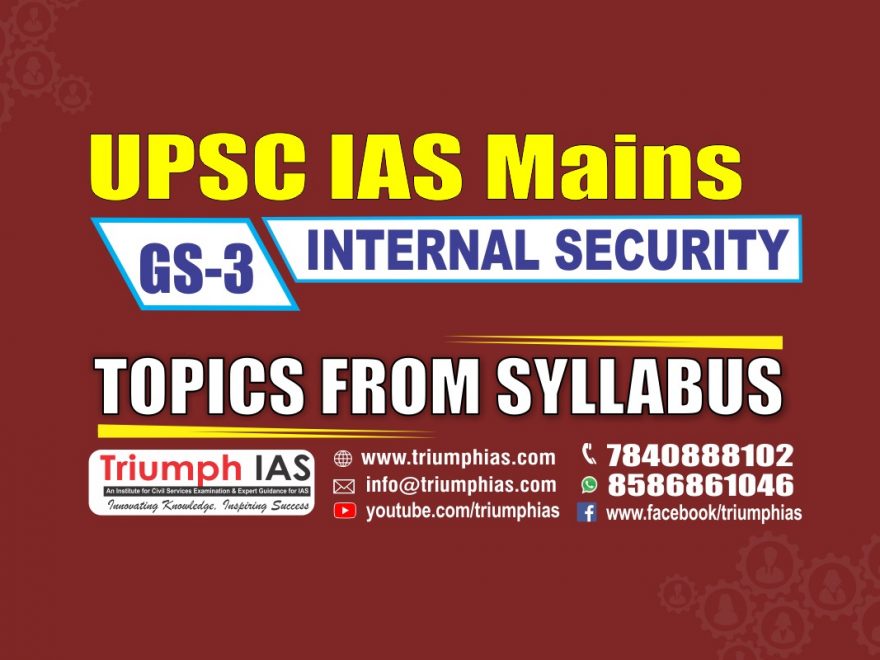Relevance: Mains: G.S paper III: Defence and security
Context:
- Generals, Admirals and Air Marshals must move away from their comfort zone of “being in charge” on the battlefield, and smoothly make the transition to being “combat enablers and policy advisers”.
• Immediate challenges rest in the sub-conventional and limited war domains.
• It is these domains that demand high levels of proficiency and autonomous leadership qualities at the unit, battalion, squadron and brigade levels, with the senior leadership playing primarily a facilitating role.
• If this is an outcome that India’s military needs to strive for, the path must be shaped by a new kind of education.
Improvement in military institution:
- The military’s existing educational institutions should remove training from their curriculum”.
• This, he argued will “free up time for academic study in subjects such as international relations, strategic theory, geopolitics and conflict analysis and resolution”.
• Senior leaders, he suggested, need to retrain themselves to move away from rigid chains of command, and learn to “respectfully disagree, balance multiple viewpoints and opinions, and present complex arguments” to diverse audiences.
Demands on senior leadership
- We are entering a period of momentous change in which the war of networks and ideas is overtaking the established state.
• We need to take a close look at what propels this warfare.
• If chaos is the signature of modern warfare, it must be countered with more unpredictability and chaos, something that is alien to structured militaries the world over.
• Traditional military skills, systematic problem solving and structured thinking have to be supplemented with creatively modified academic and intellectual skills at every level.”
• Some of these reflections should strike a chord in India among those within the national security establishment who feel that educational reform is long overdue in the Indian military.
Way forward:
- The process must begin at the top.
• One of the major responsibilities of the armed forces’ leadership is to crystal gaze into the future and suggest military capabilities and structures that would keep pace with the rapid changes in warfare, geopolitics and technology, and arm the man behind the machine with the necessary skills and intellectual armour required to stay ahead of competitors and adversaries.
• This is an imperative if India wants to move up the strategic value chain, from being a regional power to a leading power.
• Of the several attributes that a military leader in India must possess, it is not so much the operational or technological domain that demands special attention, but the intellectual dimension.


